
World
20:50, 06-Apr-2018
University students help refugees sustain a living
By Rian Maelzer
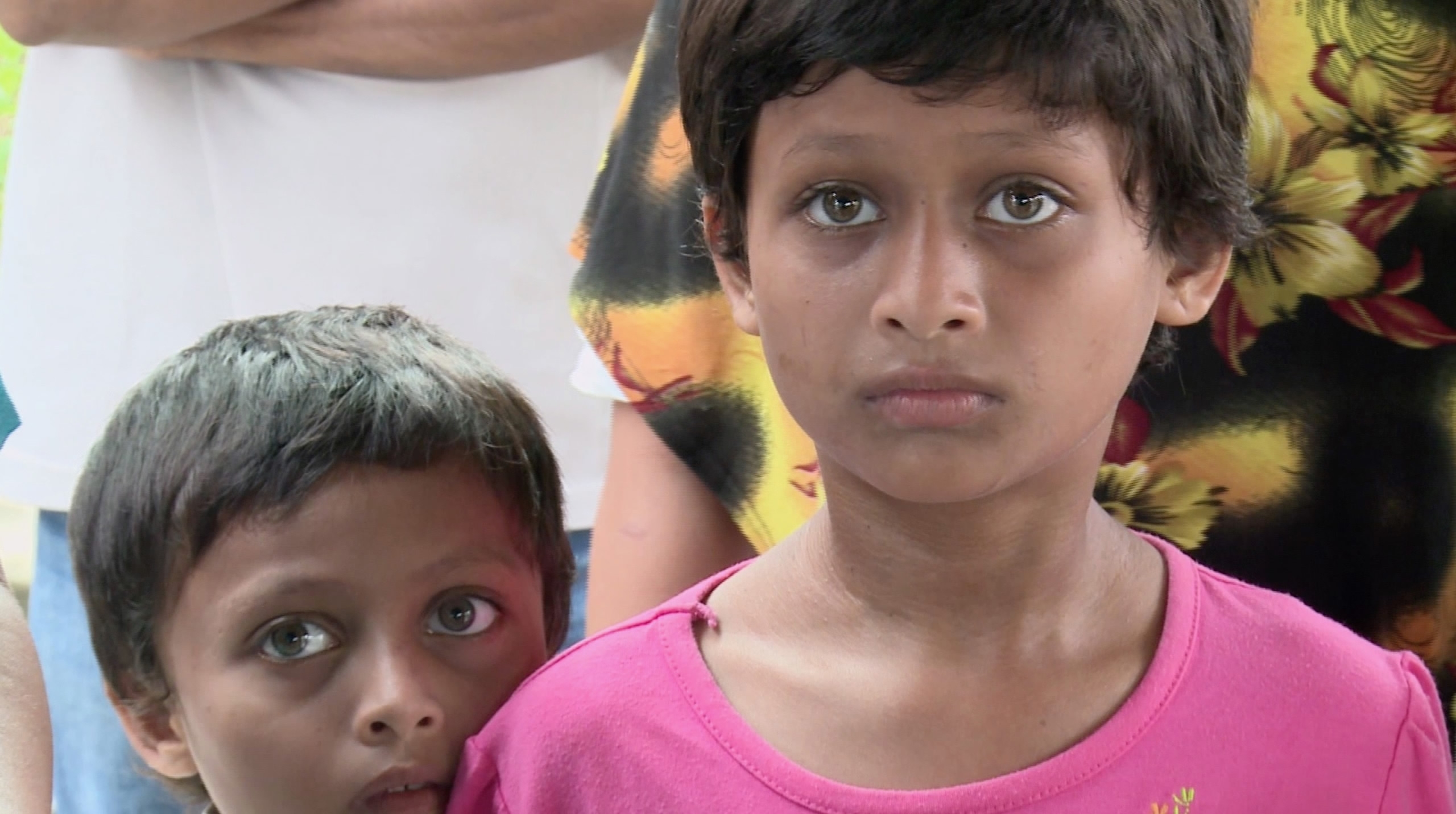
Clusters of densely packed low-cost apartment blocks in the Ampang suburb of Kuala Lumpur are home to a multitude of refugees, mostly from Myanmar and war-torn countries of the Middle East.
Out of the 154,000 people registered in Malaysia with the UN’s refugee agency, UNHCR, the largest group is Muslim Rohingya, followed by other ethnic groups from Myanmar.
Because Malaysia is not a signatory to the UN Refugees’ Convention, they are not allowed to work legally, and can only send their children to informal schools run by the UNHCR, religious organizations or charities.
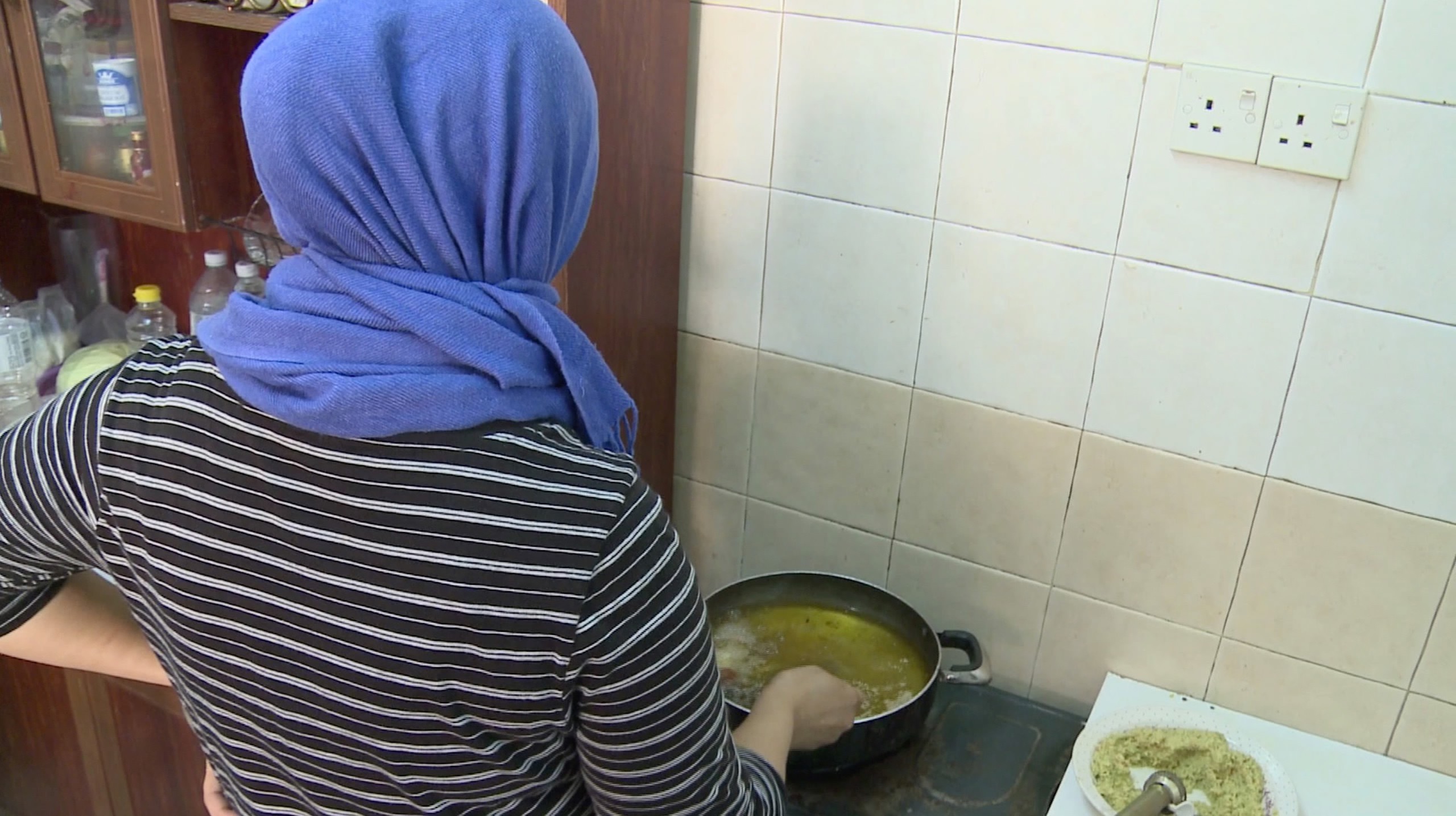
/CGTN Photo
/CGTN Photo
That leaves them stuck in a cycle of odd jobs, being mired in poverty and prone to exploitation.
Three friends at a university – a psychology major, a music major and a finance major – learned just how tough life is for these people when they were volunteering at a refugee school.
“A lot of our kids started dropping out of school, from 20, it came down to 18, 15 and eventually it came down to five or three,” said Kim Lim, co-founder of the Picha Project.
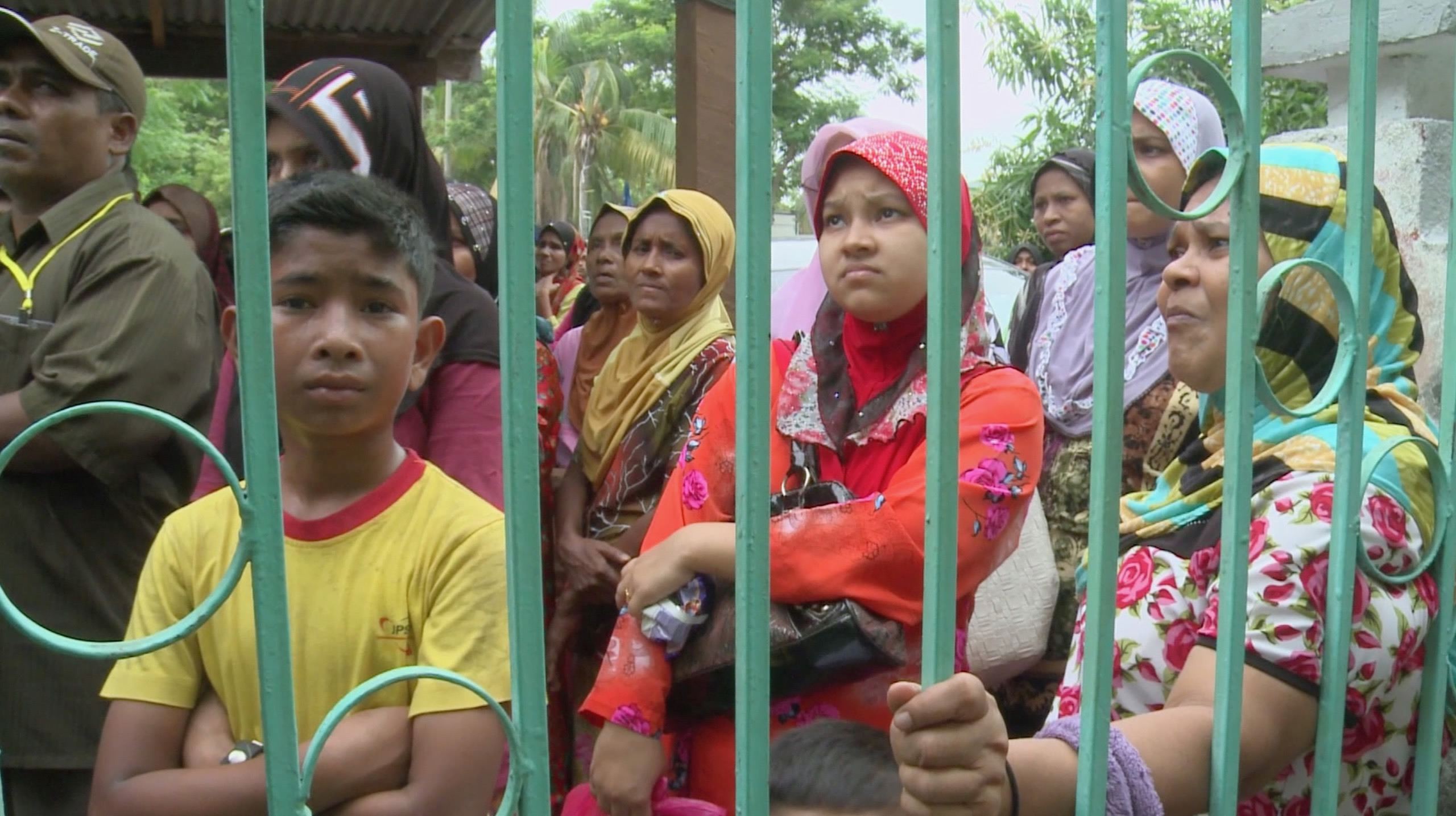
/CGTN Photo
/CGTN Photo
“We went to their homes, tried to ask their parents ‘why are you not sending your kids to school?’ Only then we realized that they are having financial problems at home and the kids are forced to drop out of school to find ways to sustain their family.”
So the three women started helping the refugees to lift themselves out of poverty. The had an idea of setting up a catering service where the cooks were all refugees… The Picha Project, named after a son of the first family they assisted.
“We realized that all of these refugee families could cook amazing food, so we thought why not we try to help them sell their food and earn an income,” said co-founder Suzanne Ling.
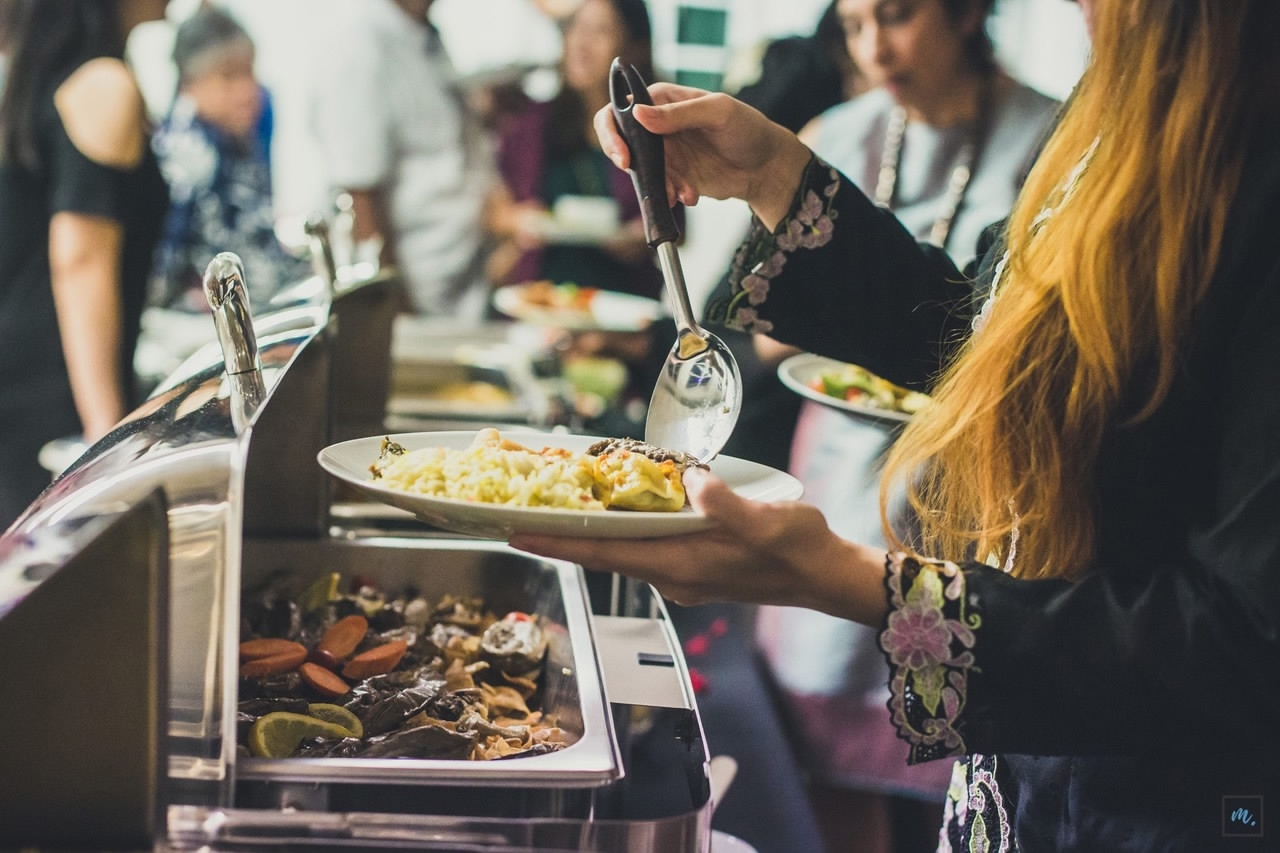
Photo from the Picha Project
Photo from the Picha Project
“They have to buy their ingredients around their area, and they just have to cook whatever they are really good at, and the operations team will work on the logistics and the marketing and the whole operations in terms of catering and equipment rental and everything, and then we send the food to the corporates, we deliver it to them, we present it to them,” Lim explained.
There are currently 10 families involved in the project: Chin and Rohingya from Myanmar, as well as people from Syria, Palestine, Afghanistan and Iraq.
“This is not just about business. It's also about raising awareness and spreading the story of the refugees to a larger crowd. So what we do is with every order on each meal boxes there's actually a story of the chef who made this food.
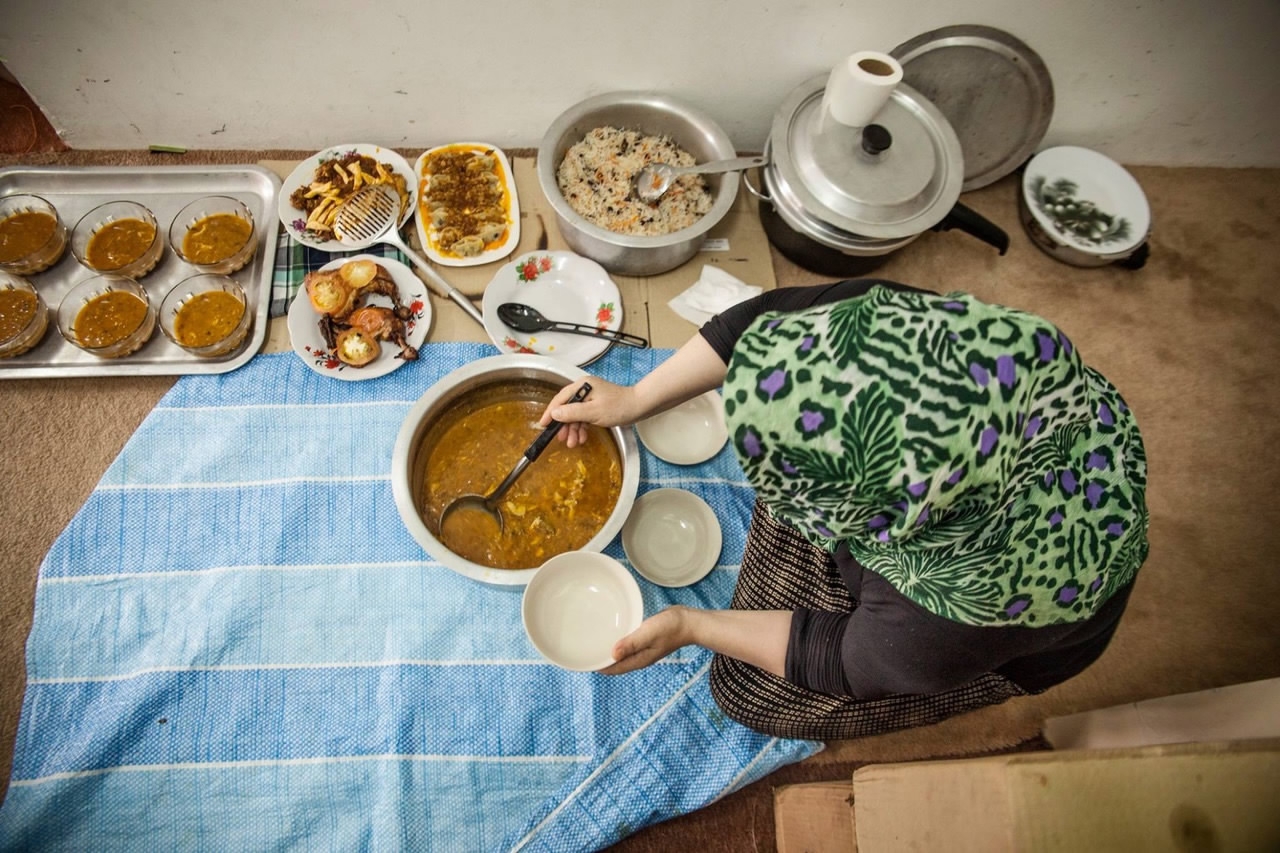
Photo from the Picha Project
Photo from the Picha Project
“We want to give a voice to them, because they are often not heard but their stories and their life experience are so powerful that we really hope that more people can hear that.”
Malaysians have been receptive to the project, and the three founders hope they can expand to bring some 25 to 30 families on board by the end of the year.
“For 80 percent of our families, we are their only source of income. So currently with the 10 families that we have right now, 100 percent of them are able to cover their expenses,” Ling said.
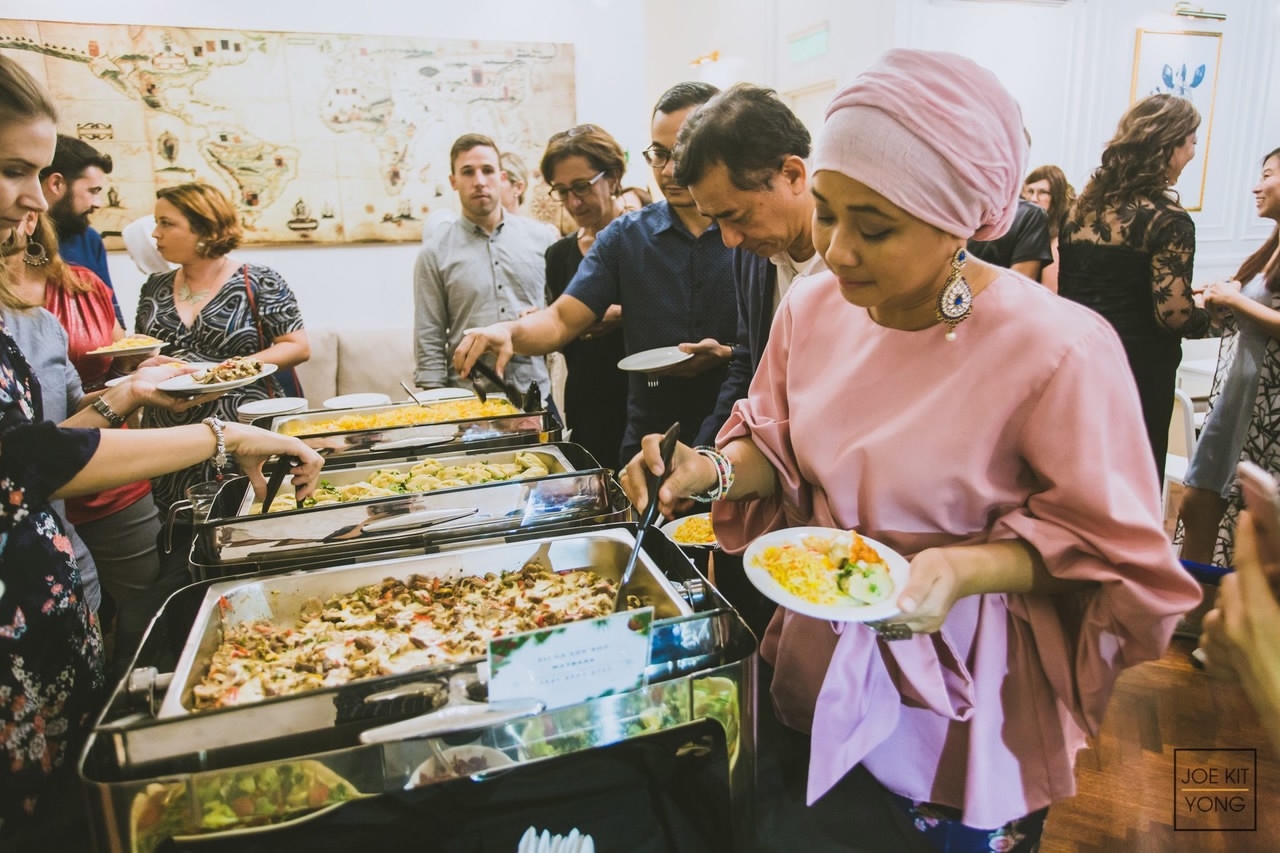
Photo from the Picha Project
Photo from the Picha Project
“All they want are very simple things. They just want safety for their children, education, a simple home to stay and that's really the awareness that we want to spread,” Lim said.
“Maybe some were a bit more skeptical at the beginning but then they all buy into the vision after that because it's a sustainable solution and it actually gives back the dignity and the power to the voiceless.”
The long-term goal, Lim said, is to expand the Picha Project concept to other countries to help other marginalized communities uplift themselves as these refugees in Malaysia are now able to do.

SITEMAP
Copyright © 2018 CGTN. Beijing ICP prepared NO.16065310-3
Copyright © 2018 CGTN. Beijing ICP prepared NO.16065310-3